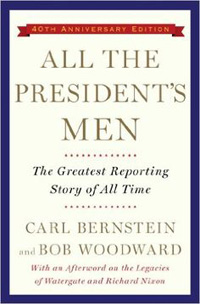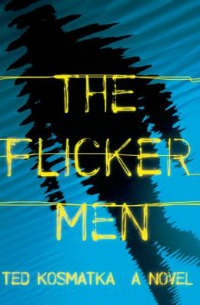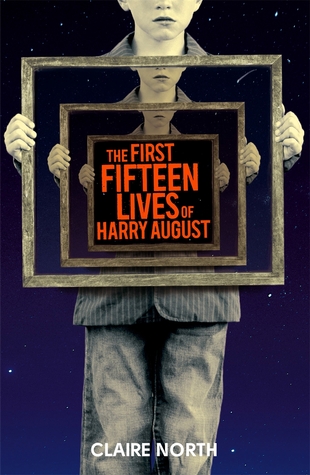 I first heard of T.C. McCarthy through the War Stories anthology, and I just finished reading his novel Germline, winner of the 2012 Compton Crook award — a first-novel award presented annually by the Baltimore Science Fiction Society.
I first heard of T.C. McCarthy through the War Stories anthology, and I just finished reading his novel Germline, winner of the 2012 Compton Crook award — a first-novel award presented annually by the Baltimore Science Fiction Society.
In summary, Germline is the most absorbing SF novel I’ve read in some time.
As I get older, it’s harder for me to really connect with a novel, to be pulled in by it. So much of the time, reading feels like an intellectual exercise — but that wasn’t the case with Germline. I found this effect especially interesting because there were aspects of the novel I would have resisted, if they’d been handled with less skill.
Germline is military science fiction, but it’s not about glory or heroism or interstellar battles or even tough choices. It’s about the destructive hopelessness of war, even for the survivors, and reminds me a lot of stories set in World Wars I and II.
The story takes place on Earth in Kazakhstan. This is no brush war: the theater is large, and it’s an all-out slugfest, with no regard for civilians. It’s supposed to take place in the future, but to me it felt more like an alternate history, using some weapons still-to-be-invented. Also, there are a couple of plot points that didn’t add up for me — but there’s no such thing as a perfect book. Where this story really excels is in the characterization. There’s great depth in the protagonist, Oscar Wendell, as he interprets the effects of war on himself and the men around him. The story Oscar tells is grim, grim, grim, but it’s not without friendship, caring, and devotion.
The title, Germline, refers to genetically-engineered soldiers, who do exist in the book, though to me they were not what the book was about. So in retrospect, the title seems a little odd. But that’s a trivial point. If you haven’t read T.C. McCarthy’s Germline yet, grab a sample and check it out. You’ll know early on if this is a book for you.
 Yes, I’m a bit behind the curve on this one, and no, I haven’t seen the movie (though I plan to).
Yes, I’m a bit behind the curve on this one, and no, I haven’t seen the movie (though I plan to).







 Ted Kosmatka’s The Flicker Men first came to my attention last summer when the publisher offered to send me a complimentary copy. I failed to follow up on that, but I kept hearing good things about the book, so last week when I was looking for a new audio book, I decided to give it a try.
Ted Kosmatka’s The Flicker Men first came to my attention last summer when the publisher offered to send me a complimentary copy. I failed to follow up on that, but I kept hearing good things about the book, so last week when I was looking for a new audio book, I decided to give it a try.


